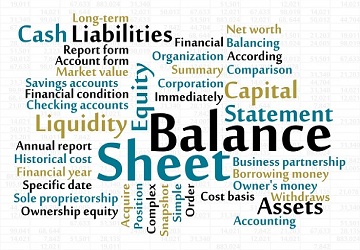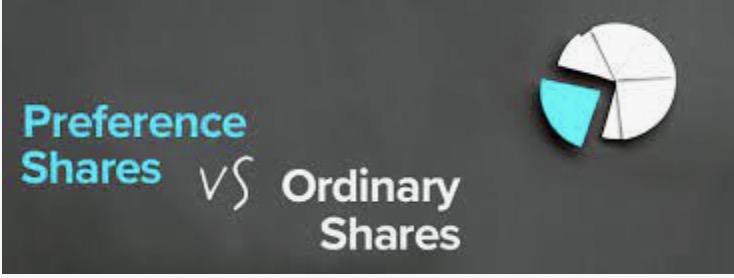Benefits of Investment Calculator
The Basics of Investing When you invest, you put your spare cash to work for you rather than letting it sit in a savings account doing nothing. Putting your money into stocks and bonds helps businesses or governments expand and earns you interest on top of that. As long as you don't make any fatal investing blunders, compound interest may turn a small deposit into a sizable nest egg over time.
To become an investor, you need not research firms and engage in stock purchases and sales. Studies have shown that this strategy only sometimes results in reliable profits. A small number of low-cost index funds should be sufficient for the average investor with little time to devote to financial management.
Investments are a common technique for people to accumulate wealth in preparation for a more distant future. Such accomplishments could include saving enough money to buy a house, sending a child to college, or retiring comfortably. Investments in the financial markets are acquired with the expectation of a profit. The following are examples of typical investments:
Individual Stocks Are Shares in a Corporation

Individual stocks are shares in a corporation, and their value rises or falls depending on the company's success. They are added to a portfolio when the owner is comfortable with a higher degree of uncertainty in exchange for the possibility of a greater return.
Index funds are a type of investment vehicle consisting of a collection of stocks or bonds designed to replicate the performance of a specific market index. It is based on a long-term strategy that expects the market to outperform individual investments and typically has lower expenses and fees than actively managed funds.
ETFs, or exchange-traded funds, are: These are a type of tradable investment that combine characteristics of equities and index funds to provide investors with a diversified portfolio that tracks the returns of a market index. Fees and minimum investments for ETFs are both often lower.
Mutual funds are an investment vehicle in which people combine their resources to buy a diversified portfolio of securities, including stocks, bonds, and other debt and equity instruments. For the most part, these are the most suitable investments for the long term, such as retirement.
Learn the Formulas for Evaluating ROI (ROI). Financial investments, such as stocks, mutual funds, index funds, and exchange-traded funds (ETFs), can be evaluated in terms of their potential returns by calculating their return on investment (ROI). ROI is determined by taking the end value of your financial investment and deducting your initial investment. Then, multiply the result of that calculation by 100 to account for rounding.
Tips for Making a Wise Investment

There is always the chance of losing money when investing. As a result, you must consider how various circumstances could affect the potential return on your investment. Consider the following five elements to increase the likelihood of a profitable investment.
The closer one is to retirement, the more dangerous drops in one's investment portfolio can be. Investors in their latter years are advised to lower their risk exposure by moving a portion of their portfolio from stocks to bonds to prepare for retirement.
There is typically some compromise between safety and profit in investing. The investments with the greatest profit potential also carry the greatest risk. Sometimes, even the most conservative investments can't keep up with inflation. Determine the optimal asset allocation based on your age and level of risk tolerance.
Grants for Capital Expenditures
You'll want to keep adding to your investment once you make that first big purchase. Saver extremists may need to sacrifice their lifestyles to maximize their donations. A lesser annual contribution may be chosen by those who only save sometimes. Your contribution is the amount you set aside regularly for your savings and investments.
There's flexibility in how often you want to put money in. Now comes the exciting part. Investments for some people are deducted directly from their paychecks. Depending on how often you get paid, that could be once every two weeks or once every month (if you get paid every other week). However, most of us can only afford to make annual investments.
You can focus on other aspects of your financial life by trusting the market with your money after establishing a beginning balance, commitment amount, and contribution frequency. To what extent can you predict your rate of return? So, SmartAsset's investment calculator uses a default rate of return of 4%. If you've heard that stock market returns are often significantly higher over decades, this may appear modest.











